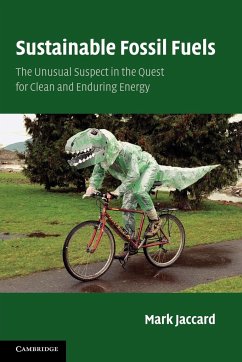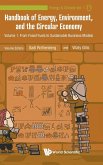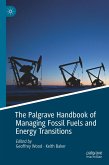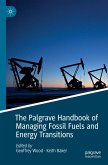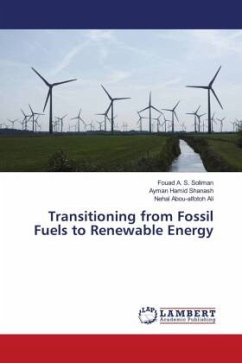More and more people believe we must quickly wean ourselves from fossil fuels - oil, natural gas and coal - to save the planet from environmental catastrophe, wars and economic collapse. In this 2006 book, Professor Jaccard argues that this view is misguided. We have the technological capability to use fossil fuels without emitting climate-threatening greenhouse gases or other pollutants. The transition from conventional oil and gas to their unconventional sources including coal for producing electricity, hydrogen and cleaner-burning fuels will decrease energy dependence on politically unstable regions. In addition, our vast fossil fuel resources will be the cheapest source of clean energy for the next century and perhaps longer, which is critical for the economic and social development of the world's poorer countries. By buying time for increasing energy efficiency, developing renewable energy technologies and making nuclear power more attractive, fossil fuels will play a key role in humanity's quest for a sustainable energy system.
Hinweis: Dieser Artikel kann nur an eine deutsche Lieferadresse ausgeliefert werden.
Hinweis: Dieser Artikel kann nur an eine deutsche Lieferadresse ausgeliefert werden.
'Jaccard's well-researched study injects a much-needed dose of reality into the discussion of a 'sustainable' energy system. It is the voice of the economist tempered by extensive practical experience in the field and an evident concern for the future of our environment.' Jake Jacoby, Professor of Management at MIT and Co-Director of the MIT Joint Program on the Science and Policy of Global Change

